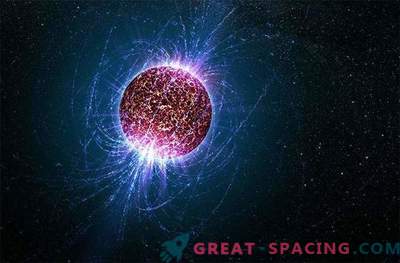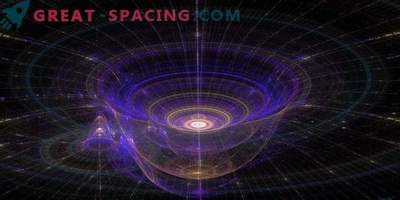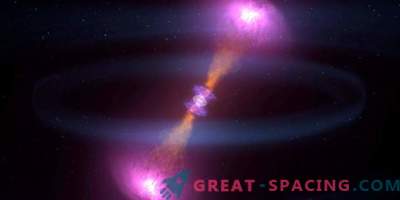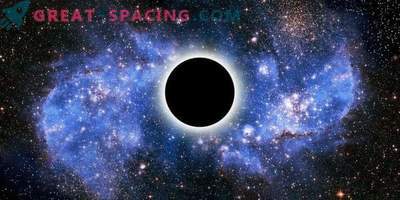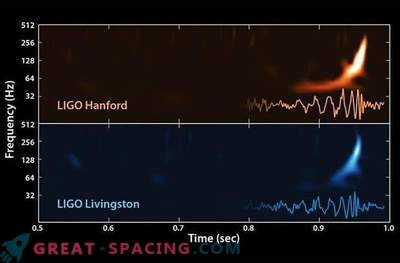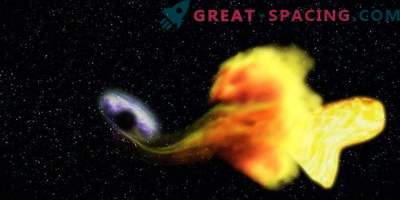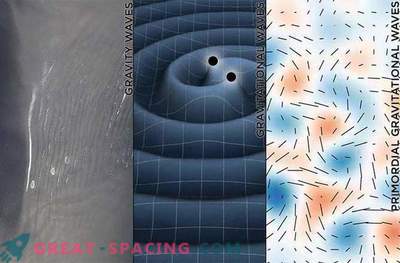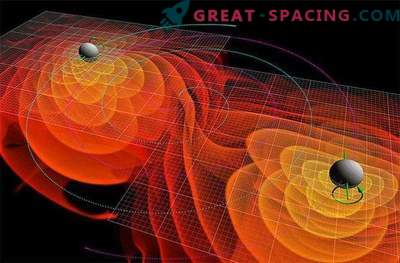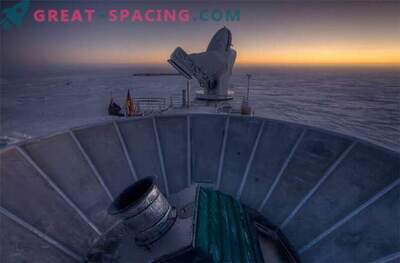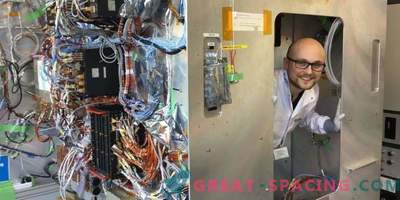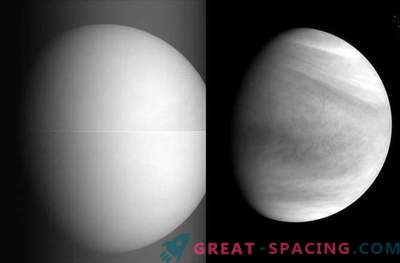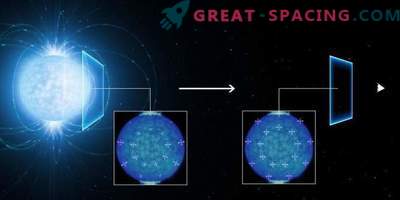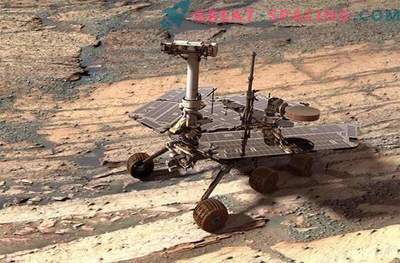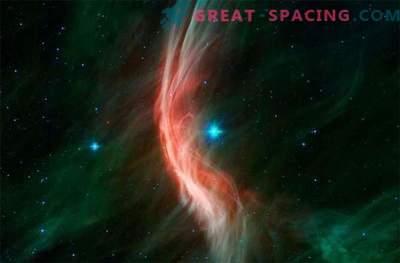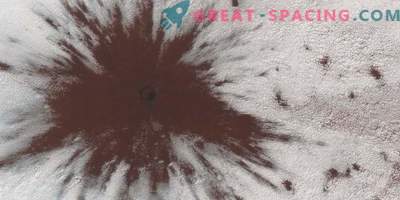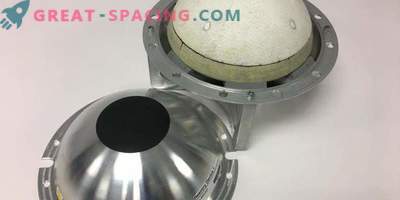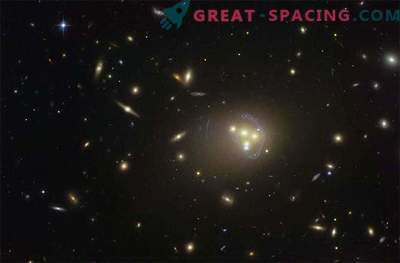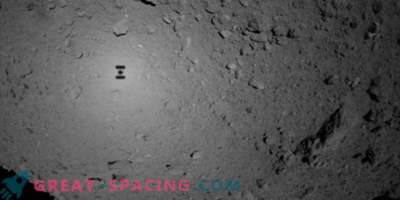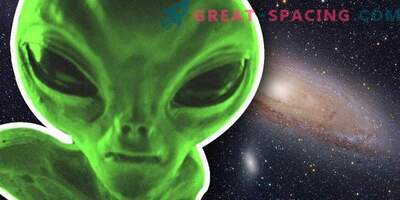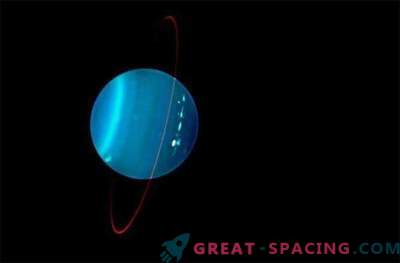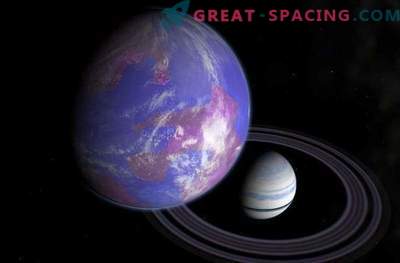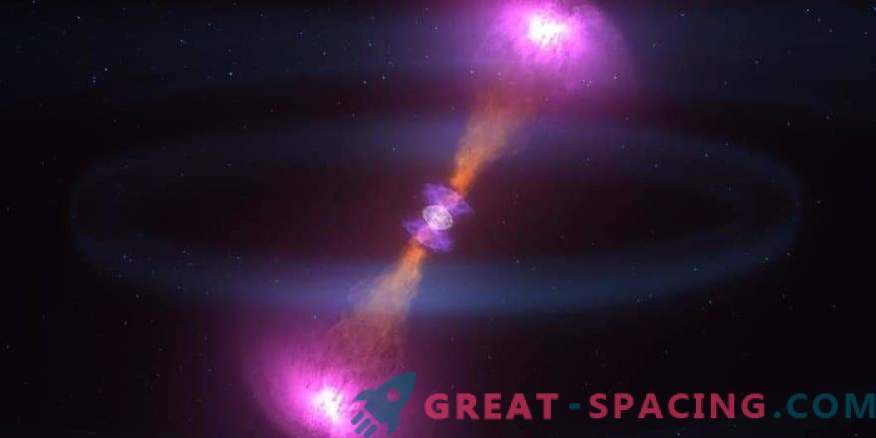
New research does not find evidence of additional spatial dimensions in the Universe, based on gravitational wave data
Last year's discovery of gravitational waves from colliding neutron stars turned out to be amazing for the scientific world. However, it does not add extra dimensions to our understanding of the universe. Recently, astronomers from the University of Chicago studied gravitational wave data and found no evidence to support other measurements.
The first fixation of gravitational waves in 2015 brought the three physicists the Nobel Prize and was the result of a collision of two black holes. Last year, researchers noticed an event from neutron stars. They differ in that astronomers could observe the effect of the merging of neutron stars into an ordinary telescope, comparing the review in gravity and EM waves.
Einstein's general theory of relativity well explains the solar system, but as the scale of the universe increased, serious holes began to appear in the understanding of certain mechanisms. The main problems relate to dark matter and dark energy (causes space to expand more and more rapidly). Scientists have proposed various theories to explain these mysterious categories, many of which included extra dimensions. One theory was that at large distances, gravity “seeps” into extra dimensions. This will lead to its weak manifestations or absence.
Thanks to the found gravity waves, we were able to test this theory. The events of August 17, 2017, observed by LIGO, were accompanied by fixation of X-rays and gamma rays, radio waves, optical and IR light. If gravity leaked along the path, the observed signal would have been weaker. But it is not.
Now it seems that the Universe has known dimensions (three in space and time), which is also preserved at large distances. But this is only the beginning. There are many theories that have yet to be tested.
